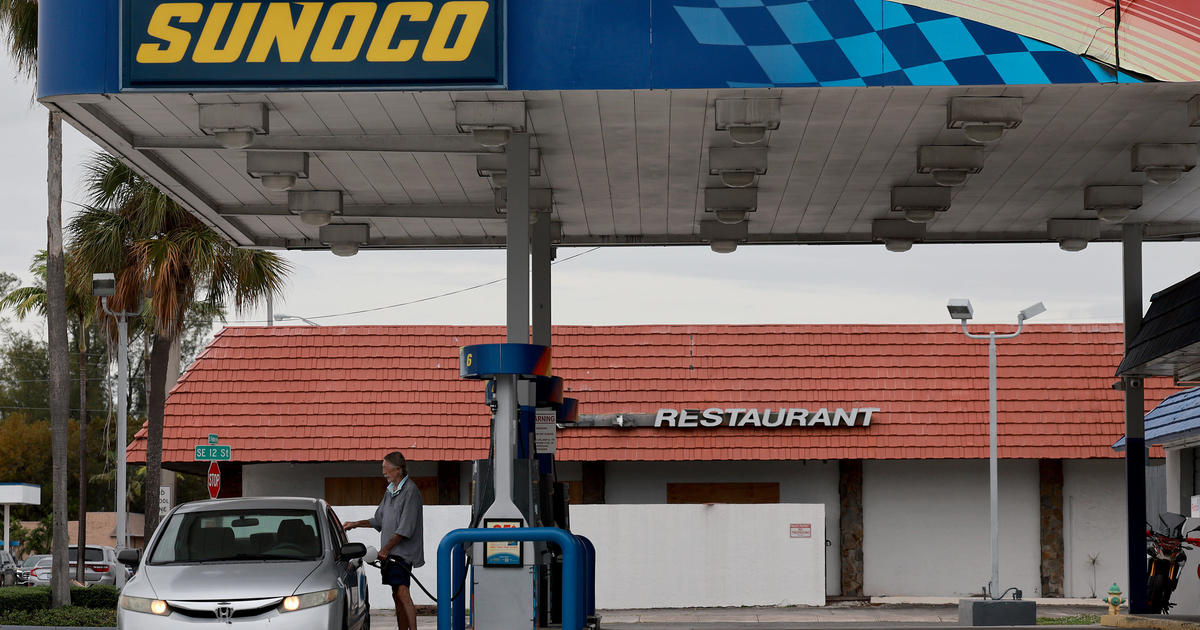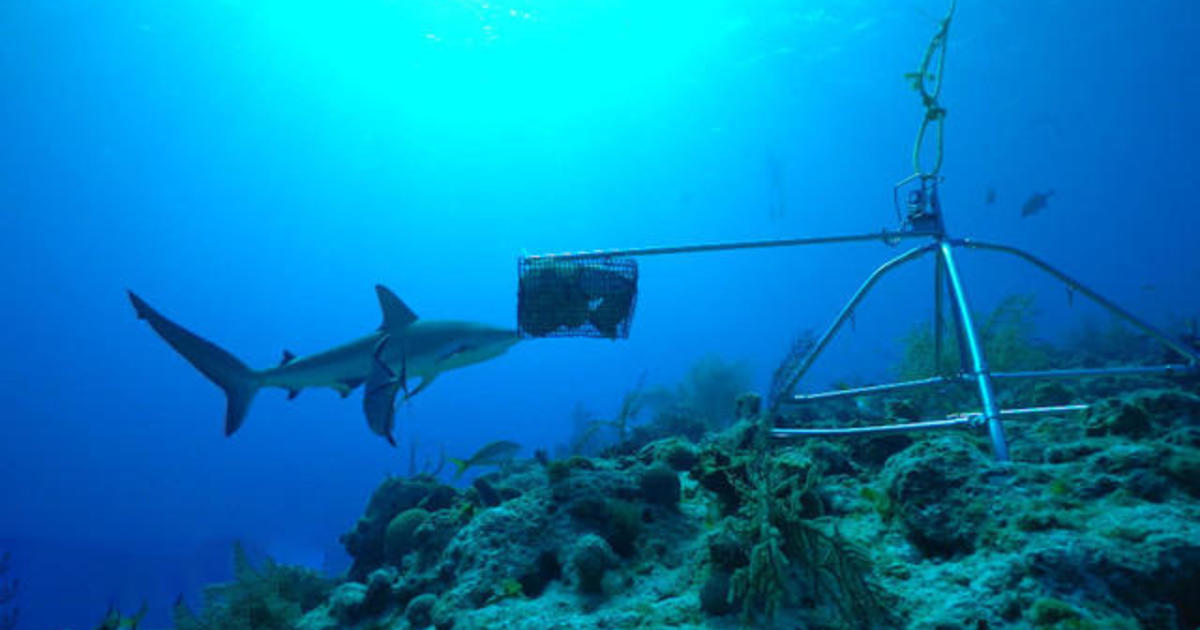Angelina Jolie tackles fast fashion with creative collective venture aimed at "breathing new life" into used materials
Billions of pounds of textiles, mostly clothes, end up in landfills every year in the U.S. alone, an amount that has only increased since the '60s. Now, actress and humanitarian Angelina Jolie is starting a new company aiming to help reduce waste.
Jolie announced on Instagram that she has launched a new fashion collective called Atelier Jolie, which she says is "a place for creative people to collaborate with a skilled and diverse family of expert tailors, pattern makers and artisans from around the world."
According to a letter from Jolie on the company's website, only "leftover, quality vintage material and deadstock," will be used to help "repair or upcycle" clothing items. This process, she says, allows for "breathing new life into what could have been thrown away."
The company is expected to start this fall, according to a post on its Instagram account.
"Why simply buy the design of another person, when you can create it yourself?" Jolie says in the letter. "...We hope to create a community of creativity and inspiration, regardless of socio-economic background. We will spotlight the people who play a part in each creation. We will bring together a diverse team, including apprenticeships for refugees and other talented, underappreciated groups, with positions of dignity based on skill."
Textile waste is a massive problem in global pollution.
In the latest data from the EPA, more than 37 billion pounds of textiles were generated in 2018. That same year, nearly 25 billion pounds of textiles ended up in a landfill while just 5.5 billion pounds were recycled. Clothing makes up the main source of this waste, the agency said, more than 28 billion pounds.
Fast fashion is a major player in this problem, as the industry goal is to cycle through trendy pieces throughout the year.
"Every second, the equivalent of a rubbish truck load of clothes is burnt or buried in landfill," says the Ellen MacArthur Foundation, which researches the potential impacts of an economy based on sustainably reusing products. The foundation published a report in 2017 that said "more than half of fast fashion produced is disposed of in under a year."
Doing so also poses a problem for the environment and climate change.
A 2018 report from environmental sustainability consultancy Quantis found that the fashion industry plays a large role in environmental and climate problems globally, releasing 3,290 million metric tons – about 3.6 billion tons – of carbon dioxide equivalent a year. The foundation also found that every year, the industry requires about 98 million metric tons, or a little over 108 million tons, of nonrenewable resources, and about 93 billion cubic meters – about 3.2 trillion cubic feet – of water for textiles production.
Upcycling fashion items, which entails essentially refurbishing clothes and textiles as Jolie intends to do, on a large enough scale could help reduce those effects. It's not yet clear what environmental impact Jolie's company is expected to have or what the cost of its products will be, but studies have shown that even some repurposing of clothes instead of repeatedly buying and trashing new items can make a difference.
A study published last year by the Terrassa Institute of Textile Research and Industrial Cooperation found that most thrown-away clothes are reusable or recyclable. Many cities and organizations, such as GrowNYC in New York, accept used textiles and will either donate them to those in need, turns them into clothes or recycle them into scraps so that the fibers can be repurposed.
"If we could double the lifespan of garments, we would be reducing the fashion industry's greenhouse gas emissions by 44%," INTEXTER director Enric Carrera said. "Extending the active life of clothing by just nine months would already reduce carbon, water and waste footprint by 20-30%."




